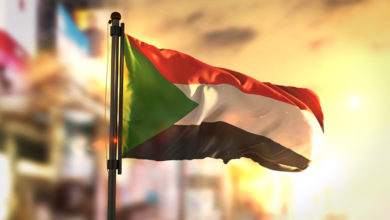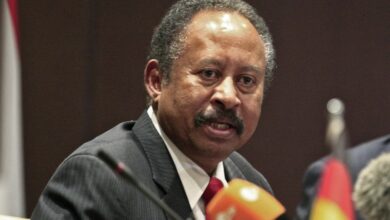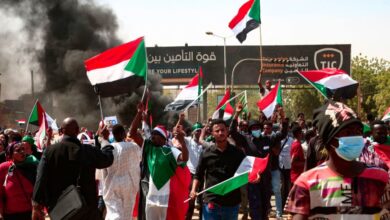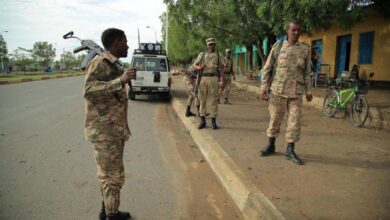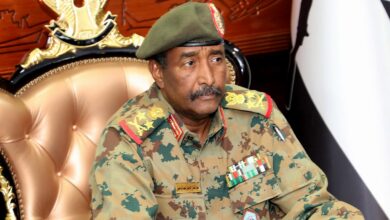Sudan
Sudanese Pro-Democracy Protest Groups Announces A New Revolutionary Council
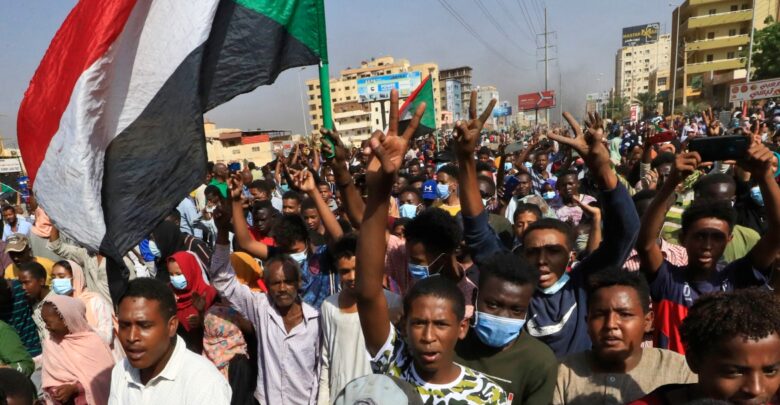
Sudanese pro-democracy groups on Thursday announced a “revolutionary council” to close ranks against coup military leader General Abdel Fattah al-Burhan, rejecting his offer of a civilian government and demanding his resignation, reported The Arab News.
The Sudanese army, under the leadership of Al-Burhan, led a coup in October last year that derailed a transition to civilian rule, resulting in continuing mass protests and prompting key donors to cease much-needed funding. At least 114 people have been killed in a security forces crackdown against protesters since the October coup, according to pro-democracy medics.
The transitional government was agreed to between the military and civilian factions in 2019, after mass protests and a sit-in outside army headquarters that prompted the military to oust long-time strongman Omar al-Bashir.
Under international pressure, on Monday, Burhan promised to make way for a civilian government. The army chief announced the withdrawal of army from ongoing political talks to make room for political and revolutionary forces and other national factions to form a civilian government to lead the transitional period.
He said the ruling sovereign council, which includes military and civilian members, would be dissolved once a new government forms. He added that a new Supreme Council of the Armed Forces would then be created and be responsible for security and defense tasks as well as related responsibilities in agreement with the government.
The offer was quickly rejected by the country’s main civilian umbrella group as a “ruse”.
On Thursday, pro-democracy groups, including local resistance committees, announced their plans to establish a revolutionary council in opposition to Burhan.
The resistance committees are informal groups which emerged during the protests that ousted Bashir, and have led calls for recent anti-coup rallies.
Manal Siam, a pro-democracy co-ordinator, told reporters that the revolutionary council will make it possible to regroup Sudanese revolutionary forces under the orders of a unified leadership.
The council will consist of about 100 members, half of whom will be activists from resistance committees. The rest of the members will come from political parties, unions, rebel movements opposed to the military and relatives of those killed in the repression of protests.


